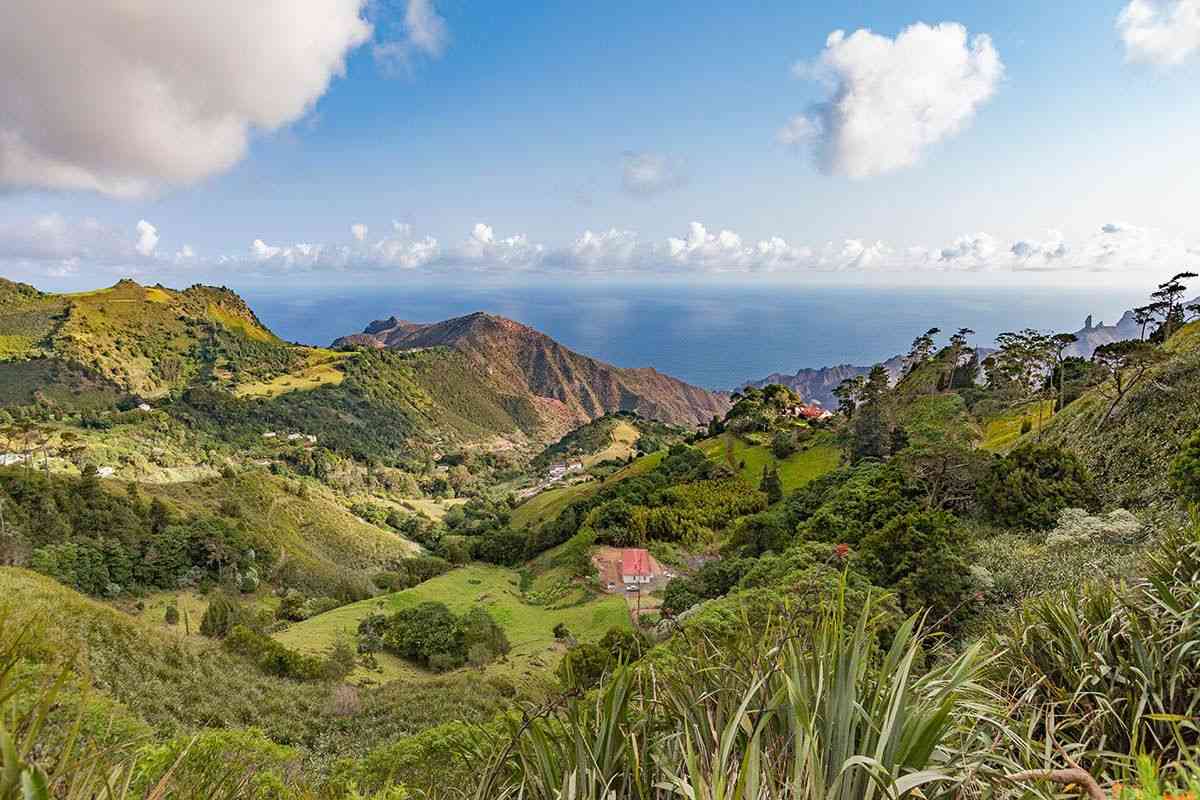
Exiles is a thoughtful and perceptive exploration of the banished throughout history
Review by Shafik Meghji
‘Exile is more than a geographical concept,’ wrote Palestinian poet and author Mahmoud Darwish. ‘You can be an exile in your homeland, in your own house, in a room.’ It’s a sentiment that chimes with the subjects of William Atkins’ thoughtful and perceptive new book.
Combining biography, history and travel writing, Exiles focuses on three 19th-century dissidents and the far-flung islands to which they were banished. In 1889, Zulu king Dinuzulu kaCetshwayo, a staunch opponent of British colonialism in his homeland, was convicted of ‘high treason’ and sent to St Helena in the South Atlantic, where Napoleon Bonaparte had been exiled more than half a century earlier. The same year, Lev Shternberg, a militant campaigner against Russian tsarism, was banished to Sakhalin, ‘a large, sparsely populated, coal-rich island’ off the coast of Siberia. In 1873, Louise Michel, a leader of the Paris Commune, a radical socialist government in France, was charged with insurrection, fomenting civil war and murder – among other offences – and exiled to New Caledonia, a French territory in the South Pacific.
Atkins – whose first book, The Moor, was shortlisted for the Wainwright Prize and whose second, The Immeasurable World, won the Stanford Dolman Travel Book of the Year – explores issues of colonialism and nationalism, freedom and nostalgia, while the personal grief he experiences during the research and writing process underscores a vein of melancholy that runs through the book. On his visits to the three islands, Atkins examines the impact of forced displacement on Dinuzulu, Shternberg and Michel, as well as on the communities that received them. He also weaves in contemporary issues: an independence referendum on New Caledonia, life in a present-day prison on St Helena, the plight of the indigenous Nivkhi people, ejected from their homeland during the 19th century and now hemmed in by oil towns on Sakhalin.
The ‘imperial exile’ suffered by Dinuzulu, Shternberg and Michel is rarely used today, but Atkins notes that penal colonies and the desire to ‘insulate the metropole against “undesirable’ elements”’ persist, from the US military prison at Guantánamo Bay to the British government’s plan to send people seeking asylum to Rwanda.




